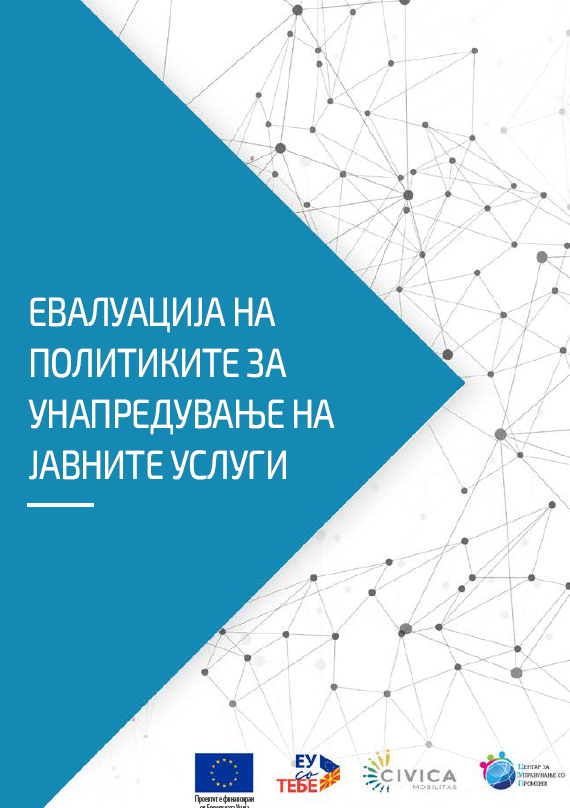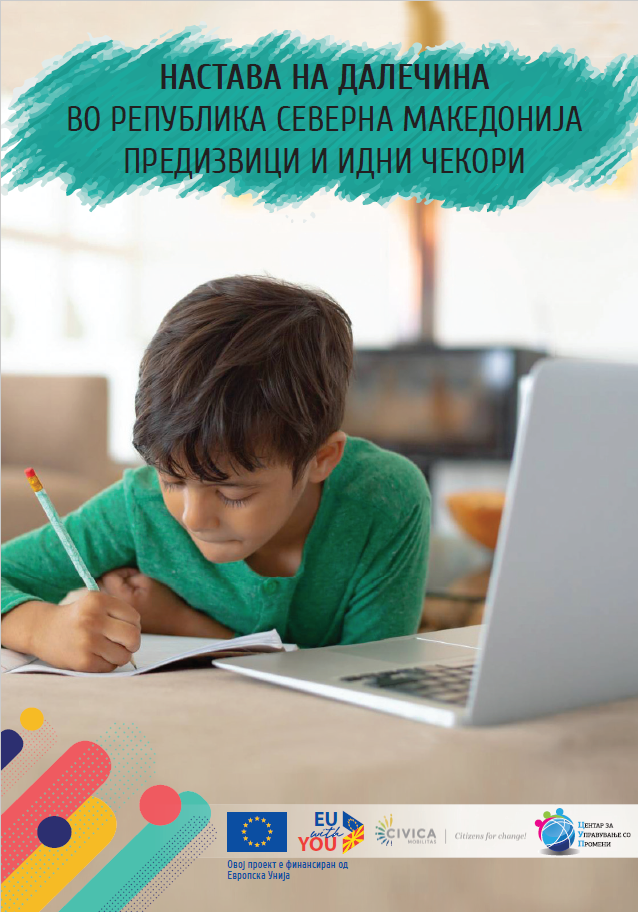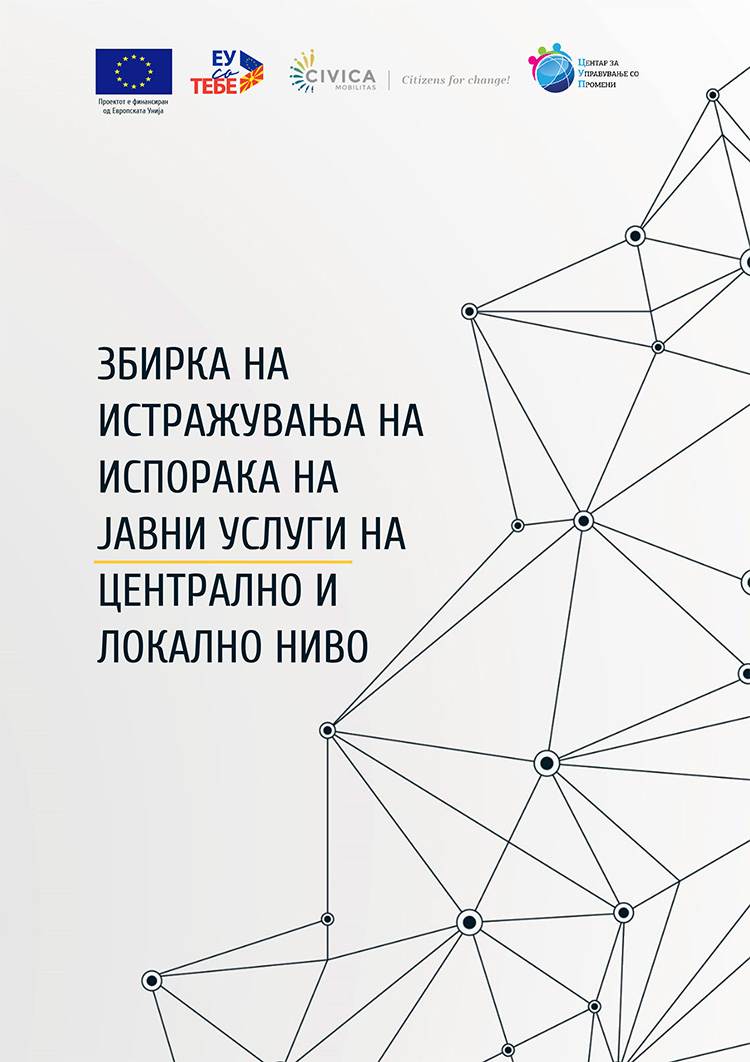Research

Distance learning - Comparative analysis
Author: Natalija Shikova
year: 2020
COVID-19 brought a new reality to the world. In trying to cope with the so-called "invisible enemy", the approach of the countries is different, but in the abrupt, general blow to the economy, education is one of the most affected sectors, and the consequences of the forced interruption of teaching are far-reaching. To prevent the spread of the pandemic, most governments around the world have temporarily shut down educational institutions at all levels, but this directly affects 60% of the population, that is, the one covered by the educational process.
The transition - from classroom to e-learning - is not at all a simple undertaking, because in addition to adequate technical infrastructure and a certain level of knowledge of digital skills, enormous support from the family is required to implement the learning process. The new situation created extreme stress not only for the teachers, pushed into a new, unexpected task, but also for the students because they had to replace the daily school activities and the way of socializing with work responsibilities obtained electronically. Of course, many parents also find themselves under tremendous pressure in trying to help their children adjust to rapid change as quickly and painlessly as possible.
Since it is more and more obvious that the organizational challenges around the educational process will last for a longer period of time, it is necessary to be ready to face them, and to devise the most appropriate approach according to the existing, domestic educational model. In an effort to contribute to the creation of measures that would address the challenges, we have prepared this comparative analysis of proven effective experiences in distance learning. The analysis covers the implementation of distance learning measures in the period from March 2020 to June 2020, taking as an example the Republic of Croatia, the Republic of Ireland and the United Kingdom. Of course, their education policies are only part of the many ongoing efforts of national education systems around the world, but those models have been specifically chosen for their innovative approach and for displaying a wide range of extremely important aspects in creating a coherent and comprehensive distance learning approach.






